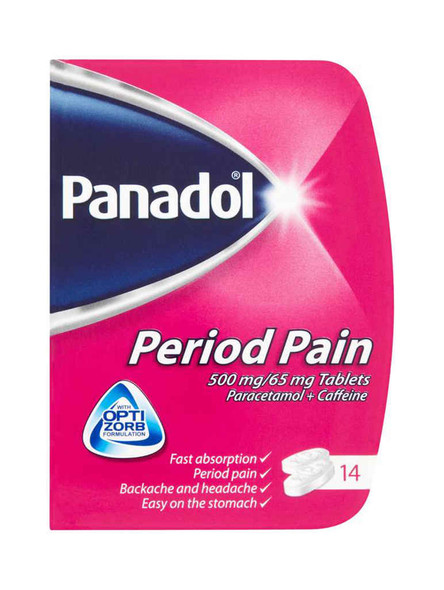Menorrhagia, often referred to as heavy or prolonged menstrual bleeding, is a condition that women sometimes experience. It is characterised by the frequent passage of large amounts of blood or prolonged duration of menstrual bleeding, sometimes causing a patient to soak through a pad every hour, pass blood clots, or need to insert more than one tampon at a time to curb excessive flow.
Menorrhagia can be caused by hormonal imbalance leading to endometrial hyperplasia, uterine fibroids, uterine polyps, the use of blood-thinning drugs, thyroid or liver diseases, the use of certain medications, and others. Some treatments include the use of hormonal therapy, non-steroidal anti-inflammatory drugs such as ibuprofen or mefenamic acid, or aspiration or hysteroscopy to remove the uterus.



